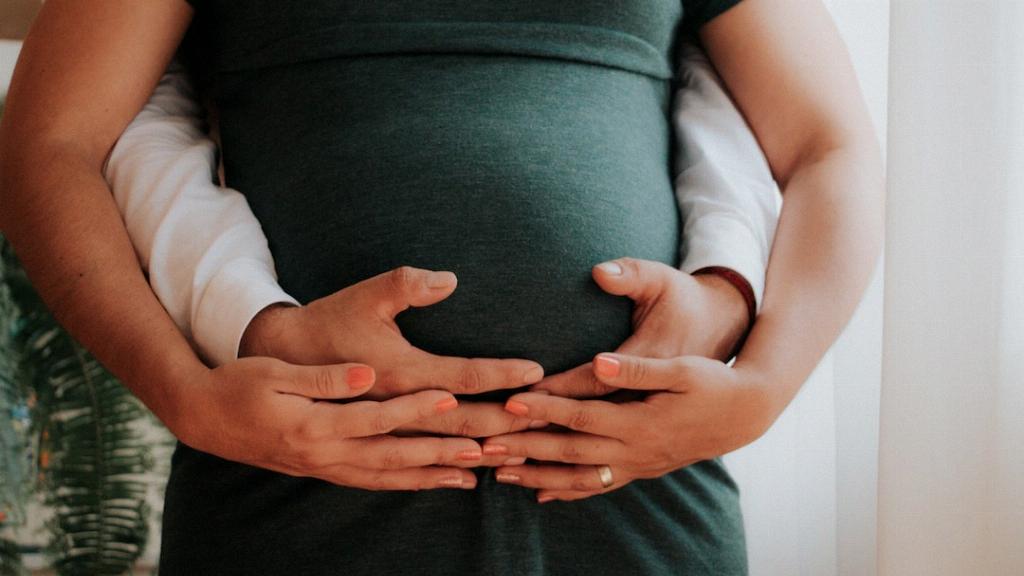During early pregnancy, you may notice that your heart beats faster than usual. This increase in heart rate is a normal physiological response to the changes happening in your body to support the growing fetus and prepare for pregnancy. One of the key reasons behind this faster heart rate is the increase in blood volume in your body during pregnancy.
As your body prepares to nurture and sustain the developing baby, it produces more blood to supply essential nutrients and oxygen to both you and the fetus. This increase in blood volume puts additional workload on your heart, prompting it to pump more blood with each beat. Consequently, your heart rate may rise by 10 to 20 beats per minute in early pregnancy to accommodate this higher blood volume.
Moreover, the hormonal changes that occur during pregnancy can also influence your heart rate. Hormones like progesterone play a crucial role in relaxing the smooth muscles of the blood vessels, which leads to a drop in blood pressure. In response to this decrease in blood pressure, your heart compensates by beating faster to maintain adequate blood flow to the uterus and placenta, ensuring proper nourishment for the growing fetus.
Another factor contributing to the increased heart rate in early pregnancy is the dilation of blood vessels in your body. As you progress through the first trimester, your blood vessels begin to dilate or expand to accommodate the increased blood volume circulating in your system. This dilation results in reduced vascular resistance, allowing blood to flow more easily and necessitating a higher heart rate to maintain optimal circulation throughout your body.
The process of adapting to these changes is essential for supporting the developing fetus and ensuring a healthy pregnancy. While it may feel unsettling to experience a faster heart rate initially, rest assured that it is a natural response to the physiological demands of pregnancy. However, if you have concerns about your heart rate or experience palpitations that are persistent or accompanied by other symptoms, it is always prudent to consult your healthcare provider for personalized guidance and reassurance.
In conclusion, the increase in heart rate in early pregnancy is primarily driven by the higher blood volume in your body, hormonal fluctuations, and the dilation of blood vessels. These changes are vital for sustaining a healthy pregnancy and providing sufficient blood flow to the developing fetus. By understanding the reasons behind your faster heart rate, you can appreciate the intricate physiological adaptations occurring within your body during this transformative period.

